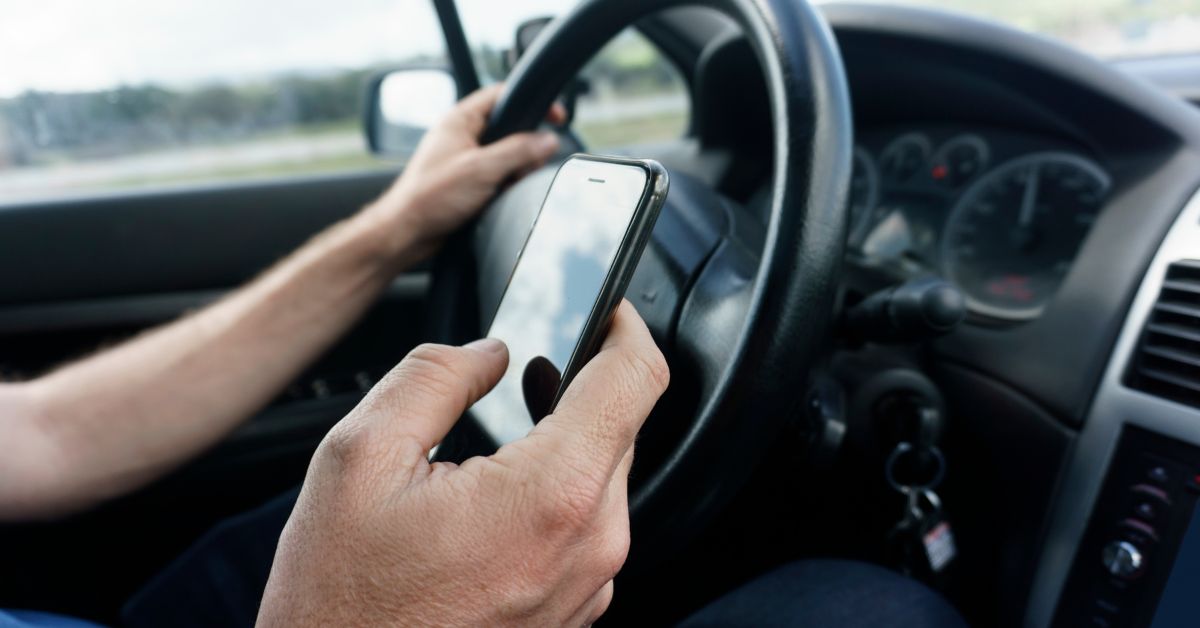The constantly changing landscape of traffic laws in the U.S. leaves many with questions concerning their legal rights and responsibilities while on the road. Among these, one of the most common implementations is the “hands free” law aimed at reducing distracted driving.
As of 2017, Texas has a strict ban on texting while driving, and several cities have prohibitions on using a cellular device at all when behind the wheel. While this is thought to be the best for driver safety, has it really made a significant impact? Read on to learn more.
THE IMPACT OF HANDS-FREE LAWS
The Texas Department of Transportation (TxDOT) reports the following data on distracted driving crashes (data up to most recently published year):
- 2016: 110,040 crashes resulting in 459 fatalities
- 2017: 101,045 crashes resulting in 452 fatalities
- 2018: 96,502 crashes resulting in 403 fatalities
- 2019: 97,988 crashes resulting in 379 fatalities
- 2020: 80,539 crashes resulting in 369 fatalities
There is a strong indication that implementation of this law has contributed to a significant decline in distracted driving-related crashes. While we cannot outright say that this law is the direct cause of the decrease in overall crashes and fatalities, as there could be numerous factors that contribute such as other new laws, it does suggest that this law has been beneficial.
HAVE THEY WORKED IN OTHER STATES?
It’s also important to consider how other states with similar laws fared when it comes to crash rates. Presently, only about half of all states have a formal “hands-free” law, while all except two have texting and driving bans for all motorists.
Recent studies have found that hands-free laws directly correlate with fewer driver fatalities and decreased cell phone use behind the wheel. However, there is also evidence to suggest that not having a total ban on cellphone use does not have a significant impact on crash rates. This is likely due in part to drivers not believing that there is strict enforcement of these policies, which may cause them to continue using their devices and becoming distracted more easily.
I’VE BEEN HIT BY A DISTRACTED DRIVER—NOW WHAT?
Because Texas has laws against texting and driving, you likely will be able to pursue a claim against the driver if they caused you or your passengers harm. Working with an experienced attorney can help ensure that you have the appropriate evidence to pursue your claim and seek the maximum compensation possible.
Contact us online to schedule a consultation or give us a call at (888) 902-6245.

